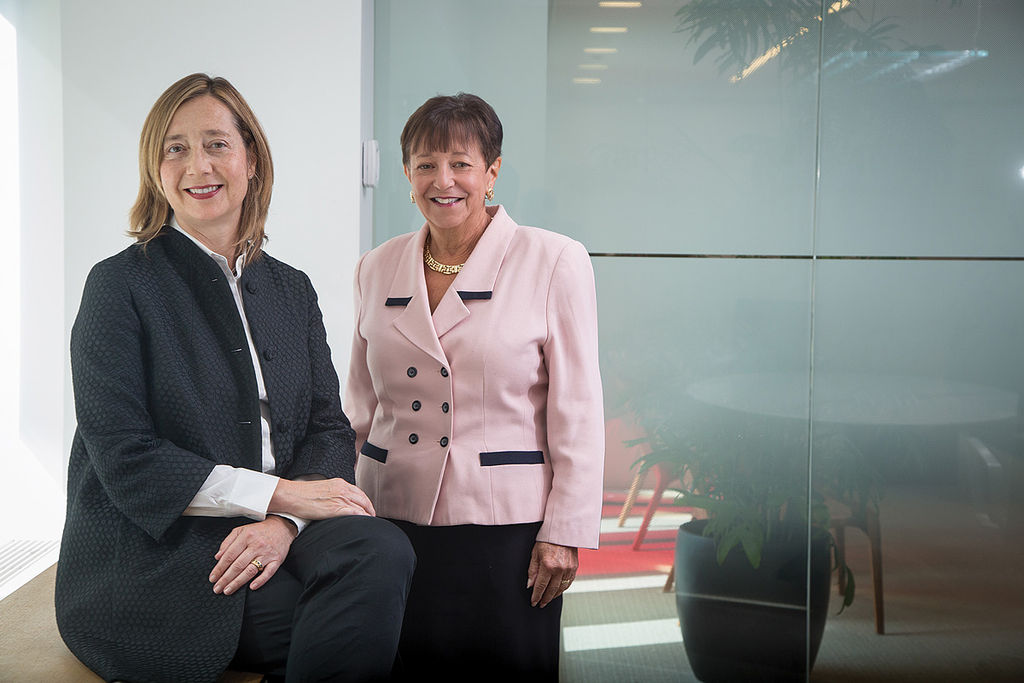Financial Services — Cybersecurity and New Technologies Take Center Stage
Publication | 01.19.16
In 2016, financial regulators will bear down on cybersecurity requirements and continue to watch electronic trading platforms—including bitcoin—as they evolve.

“In cybersecurity, regulatory examiners are going to be asking, ‘What processes and procedures do you have in place, do they address your identified risks, and have you implemented them,’” says Linda Lerner, a partner and co-leader in Crowell & Moring’s Financial Services Group. “Broker-dealers and investment advisors should be on notice that regulators expect them to identify cybersecurity risks and maintain up-to-date policies and tailored procedures to manage those threats.” The basic elements of a cybersecurity plan, Lerner adds, “should include threat assessment, intrusion prevention, data protection, access control, review of vendor cybersecurity procedures, and an effective incident response plan and team. Cybersecurity insurance should be considered.” Guidance from the Securities and Exchange Commission (SEC), the Financial Industry Regulatory Authority (FINRA), and the National Futures Association (NFA) should be reviewed, along with reference material in their guidance footnotes.
Meanwhile, financiers’ interest continues to build in electronic trading platforms, particularly in investment banking, fixed income, and foreign currency markets. These platforms offer greater access to products traditionally restricted to certain dealers and banks, notes Eden Rohrer, a partner in Crowell & Moring’s Corporate, Financial Services, and White Collar & Regulatory Enforcement groups.
“Both the SEC and FINRA will be working to maintain the integrity of the markets by surveillance of trading activity and by pursuing and prosecuting violative conduct made possible by advances in technology,” says Rohrer. “Algorithms can run amok because of a lack of proper controls, and intentionally abusive algorithms are square in their sights.”

The technology that tracks bitcoin ownership, known as the blockchain or the distributed ledger, has become a subject of interest on Wall Street. Banks, securities firms, and others are interested in the technology, rather than the currency, says Jenny Cieplak, counsel in Crowell & Moring’s Corporate Group.
The blockchain enables the direct exchange of money and assets without having to rely on middlemen. Every time a bitcoin transaction is made, it is broadcast to everyone and verified by separate people,” says Cieplak. The transactions are virtually instant, entirely transparent, and nearly cost-free.
Mike Gill, counsel with Crowell & Moring’s Government Affairs Group, says the technology facilitates tracking title to assets, which will help businesses comply with regulations. “High-end pieces of art have been used in money laundering,” says Gill. “It’s tough to understand who the original owner is as investment property moves through various LLCs, and it may be used by terrorists and criminals to launder money.”
Bitcoin technology may prove useful to regulators, Cieplak adds. “They will look at it from a number of perspectives, including as a way to streamline reporting of transactions and its transparency from the anti-money laundering perspective.”
[PDF Download: 2016
| |
[Web Index: 2016 Regulatory
|
Insights
Publication | 03.01.26
Publication | 02.19.26
The QICDRC Practice Direction on the Use of Artificial Intelligence
Publication | 02.06.26


